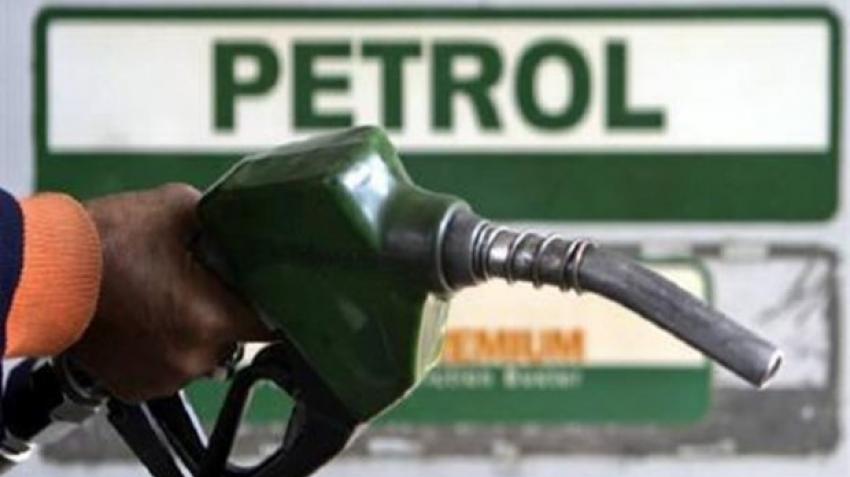The Federal Government has spent N383.28 billion as under-recovery, also known as subsidy, on Premium Motor Spirit, PMS, from January to July 2019, according to data obtained from the Nigerian National Petroleum Corporation, NNPC on Wednesday.
Under-recovery is a situation where the NNPC incurs the cost of the differential between the official pump price of petrol and the actual cost of the commodity, especially as the official price is at present lower than the actual market price.
The difference with this current system of subsidy payment is the fact that since the NNPC is currently the sole importer of PMS, also known as petrol, into the country, the corporation is making the payments to itself or deducting the amount as cost from its revenue, and not paying it to other oil marketers as was the case in past subsidy regimes.
According to the NNPC’s July 2019 Monthly Financial and Operations Report, the amount incurred by the country on under recovery was N64.04 billion higher than the N319.24 billion transferred by the NNPC to the Federation Account in the seven-month period.
The amount for January to July 2019 represented a decline of 9.75 per cent from an under recovery of N424.7 billion recorded from June to December 2018.
The N383.28 billion spent on subsidy between January and July 2019, was 25.7 per cent or N78.28 billion higher than the N305 billion budgeted by the Federal Government for the whole of 2019.
Giving a breakdown of the amount spent on subsidy, the NNPC report revealed that in January, February, March and April 2019, N40.53 billion, N2.876 billion, N13.34 billion and N104.35 billion was recorded as under-recovery respectively, while N102.34 billion, N30.64 billion and N89.2 billion was recorded in May, June and July 2019, respectively.
In comparison, the NNPC’s remittances to the Federation Account stood at N54.17 billion, N40.08 billion, N59.58 billion, N36.08 billion, N31.43 billion, N70.58 billion and N27.32 billion in January, February, March, April, May, June and July 2019 respectively.
The huge amount recorded as subsidy was largely due to the failure of the Federal Government to rehabilitate the country’s refineries, leaving the country to rely heavily on imported petroleum products.
Despite various claims and delays by the Federal Government on the planned rehabilitation of the refineries, the refineries continued to serve as a drain-pipe on the resources of the country, as the NNPC report stated that the three refineries, Kaduna, Port Harcourt and Warri refineries recorded a deficit of N13.84 billion in July 2019. Port Harcourt Refinery served as the highest drain on the NNPC revenue, with a deficit of N5.99 billion, arising from N35 million revenue and N5.913 billion expenditure.
According to the report, the three refineries recorded revenue of N825 million and expenditure of N14.66 billion, leaving a deficit of N13.84 billion.
The report highlighted that the Port Harcourt Refinery served as the highest drain on the NNPC revenue, with a deficit of N5.99 billion, arising from N35 million revenue and N5.913 billion expenditure.
Kaduna Refinery posted revenue of N720 million, expenditure of N5.1 billion and a deficit of N4.38 billion, while Warri Refinery recorded N70 million revenue, N3.65 million expenditure and a trading deficit of N3.57 billion.
However, irrespective of the inefficiencies of the refineries and the subsidy drain-pipe, the NNPC declared a trading surplus of N4.26 billion in its operations for the month of July 2019.
The NNPC disclosed that the amount recorded as trading surplus in the month of July represented an increase of 8.7 per cent compared to a surplus of N3.92 billion recorded in June 2019.
According to the NNPC, the rise in the trading surplus was due largely to the enhanced surplus posted by its subsidiary, the Nigerian Gas Company, NGC, arising from half-year adjustments; coupled with increased surplus recorded by the Petroleum Products Marketing Company, PPMC.

